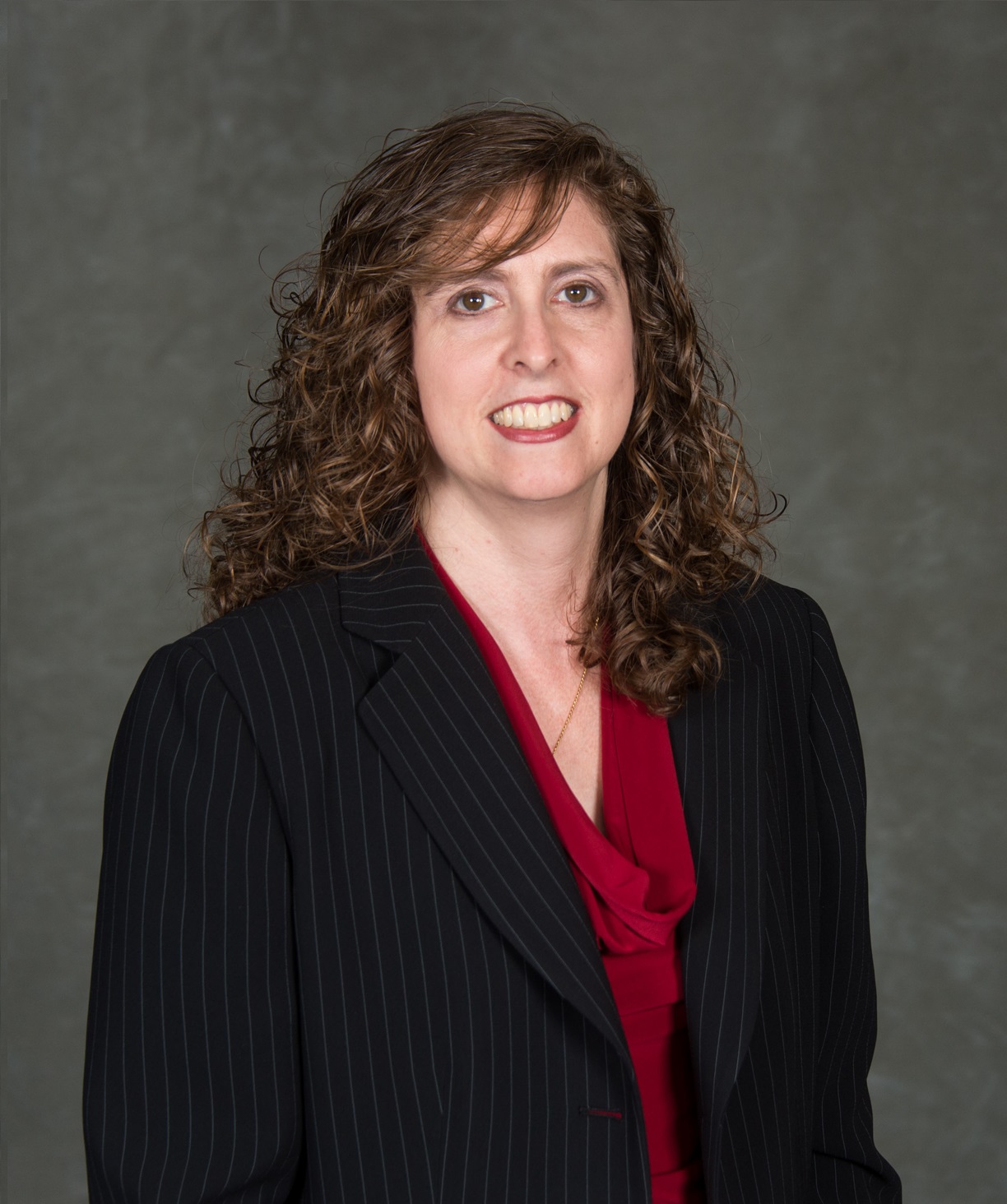|

|
DR. MICHELE SWERS
NOVEMBER MEMBER OF THE MONTH
Georgetown University
Department of Government
Member since 1997
|
WHY DID YOU BECOME A POLITICAL SCIENTIST?
As a political science major in college, I took a summer course on Women and Politics and I was hooked. I was familiar with the suffrage movement and the feminist movement, but that was all that was really taught about women’s role in politics when I was in high school. This was the first time I learned about women as political actors outside of social movements. Later in a course on Congress, I read David Mayhew’s Congress: The Electoral Connection. The book provides a really clear and concise theory about what motivates members of Congress, the desire to be re-elected. This created the puzzle that guides my work -- if all members must be responsive to their constituency, why should the personal identity of the member, gender, race, etc., matter? Why was EMILY’s list out there raising millions of dollars to elect pro-choice Democratic women if a pro-choice Democratic man should provide the same type of representation? This question became my dissertation and my first book, The Difference Women Make: The Policy Impact of Women in Congress. I have been studying the role of women in Congress ever since, trying to understand when gender matters in political decision making and when it does not.
WHY DID YOU JOIN APSA AND WHY DO YOU CONTINUE TO STAY INVOLVED?
In graduate school, I was advised to start presenting my work at a small conference and then go to APSA. Through APSA I really developed my professional network of scholars, co-authors, and friends. I presented papers on panels and met others who do similar research. Discussants became sources of research advice and offered constructive criticism before I sent a paper out for review. My research spans two fields, Congress and Women and Politics, so I would attend the Legislative Studies section business meeting and the Women and Politics reception. Both broadened my professional networks and led to invitations to participate in specialized workshops and conferences at other institutions. This year I finished a 2-year term as co-president of the Women and Politics Research section. The section and the various women’s caucuses helped shape my career. Through their meetings and receptions, I met senior mentors who offered career advice and friends with common research interests who have commented on my research and invited me to join their projects. Now that I am a more senior scholar, I try to pay it forward by helping younger women in the profession achieve their career goals.
WHAT IS THE MOST CHALLENGING ASPECT OF BEING A POLITICAL SCIENTIST? HOW?
We live in polarized times, which makes people both more certain their political views are right and less civil in their political discourse. I try to get my students to think more about how political institutions should work in a democratic society and less about the particular occupant of an office, whether that be the majority party in Congress or the president. For example, when talking about whether the Senate filibuster should be eliminated, I will offer quotes from Democratic and Republican senators who have been on both sides of the issue, arguing for maintaining the filibuster when they are in the minority and arguing for its abolition when their party holds the majority. I conduct a legislative simulation every year where students debate actual legislation going through Congress. They are appointed to a committee and must take on the viewpoint of their assigned member rather than promote their own opinions. This gets students thinking about what it means to represent constituents and how complicated legislative language and the policymaking process is.
IF YOU COULD GIVE ONE PIECE OF ADVICE TO SOMEONE IN THEIR GRADUATE/UNDERGRADUATE YEARS, WHAT WOULD IT BE AND WHY?
For graduate students, I suggest immersing yourself in your coursework to learn both substance and methodology in the early years and moving quickly to develop your own research questions and voice. As you shift from being a consumer to a producer of research, consult broadly. Seek advice from fellow graduate students and professors in your institution but also reach out to the scholars who are influencing your work. I found that people are glad to know that others are reading their research and it is very helpful to brainstorm ideas with someone who is engaged in your field and knowledgeable about the work in that area.
For undergraduates, I think it is important to develop analytical writing skills. The ability to communicate clearly is important in all fields. I also suggest taking advantage of internships where you can and informational interviews with alumni as you seek to determine your career path.
OUTSIDE OF POLITICAL SCIENCE, TELL US SOMETHING INTERESTING ABOUT YOURSELF.
I once carried Shirley Chisholm’s luggage. She was the first African-American woman in Congress and even briefly ran for the Democratic presidential nomination. I was a summer intern for the National Women’s Political Caucus during their 20th anniversary convention. The organization was established to elect both Democratic and Republican women to Congress and she was a founder. When she arrived, none of the other college interns knew who she was so I jumped up and said, “I would be happy to take your bags for you Ms. Chisholm.” She chatted with me about her life and career and I thought I had really made it to the big time now. At the end of the summer, the intern boss gave me a mug that said, “It’s a dirty job and I get to do it.” I still have the mug.
These days, I enjoy spending time with my family. I am lucky to have a supportive husband and two great kids, 10 and 15 years old. We love to travel in the summers. We have skipped rocks in the national parks and sampled as many flavors of gelato as we could in Rome. I look forward to creating more happy memories with them.
